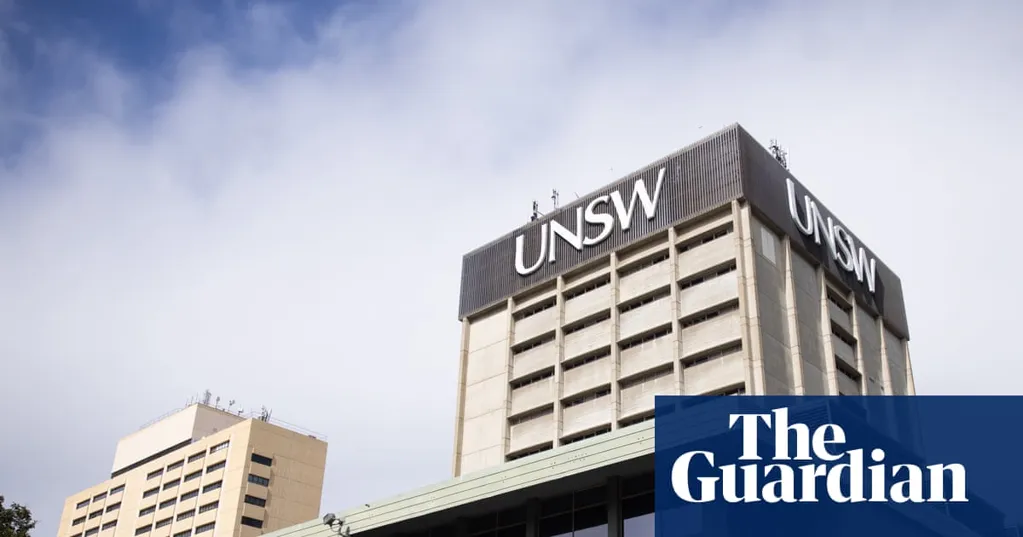A major Australian university has rejected student calls for a new subject teaching generative AI to artists to be scrapped over environmental and intellectual property concerns, with the course's head warning its critics risked being "anti-art".
"Generative AI for Artists" is being taught for the first time at the University of New South Wales next semester. The elective was initially introduced in 2021 under the name "Emerging Media Technologies Studio" and was reworked last year under its current format.
UNSW's handbook says the subject will teach students to develop a creative practice with AI through a "range of widely used tools" and explore critical and conceptual perspectives on the use of AI in creative arts, including copyright and moral rights.
In late July, Robyn, a fine arts and education student at UNSW, started a petition calling for the subject to be cancelled and for the university to commit to not requiring the use of generative AI in any future courses.
The petition, which had amassed more than 7,000 signatures, led to UNSW's Student Representative Council (SRC) passing a motion calling for the course to be removed and for a review of the environmental and ethical impacts of using generative AI at the university.
Associate Prof Oliver Bown is teaching the subject and said he agreed with the issues raised over generative AI, which he said on Bluesky was bringing a "layer cake of nightmares" on the creative sector.
But he cautioned against cancelling the course, warning if you set a "guilt by association precedent you wrongly condemn a wide range of important arts practices".
"If you make claims about what is and isn't valid art you're at risk of being the one who is 'anti art'," his post read.
Australian universities have pivoted from cautioning over the use of artificial intelligence when ChatGPT was rolled out in 2023 to embedding emerging technologies into courses and assessments.
The University of New England also offers a unit on "Creativity and Artificial Intelligence", which includes the opportunity to "collaborate" with AI to produce a creative work, while at least a dozen institutions including Monash University, the University of Adelaide, the University of Queensland and the University of Western Australia offer bachelor or master's degrees specifically in artificial intelligence.
Robyn said they found out about the subject in a group chat with fellow fine arts students, who were "upset" and "disturbed".
"I've never used AI as part of my practice," they said. "There was a period in which I considered stopping posting my art on the internet because there was the fear that it'll all be scraped. It'll all be part of a database without my consent. And, of course, that database can be profited off of but also misused and abused."
Robyn also had strong concerns about the effect of generative AI on the environment.
Bown met with students with week to discuss their concerns. He told Guardian Australia it was important to interrogate generative AI in the creative arts rather than simply casting it off, which he expanded on in a Medium post.
"If you're going to have a critical engagement with what AI is doing in the creative industries, you should at least know how it works."
A spokesperson for UNSW said the university supported the "thoughtful integration" of AI technologies in teaching and learning and the subject was part of a "broader effort to ensure students are well-equipped to navigate an increasingly AI-integrated world".
"As with all UNSW operations, the course aligns with the university's environmental sustainability plan. UNSW is a certified carbon-neutral organisation and the university remains committed to minimising its environmental footprint."
